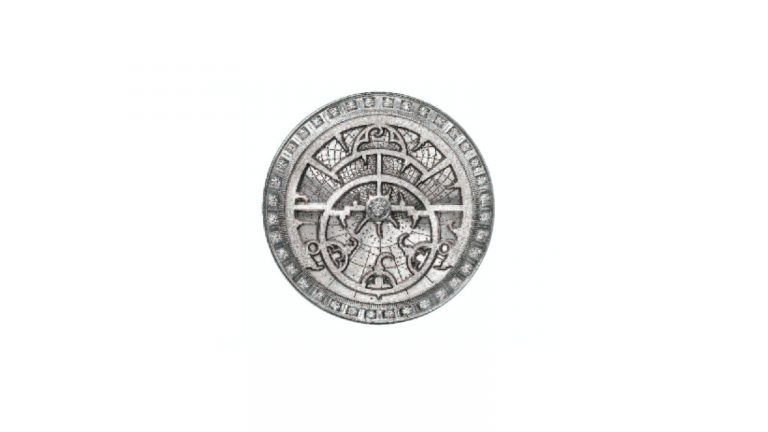Europe and Islam: The Meaning of Justice
Presented in collaboration with the Iranian Embassy, Instituto Cervantes, Institut franVais, Istituto Italiano di Cultura, Institute of Contemporary Arts (ICA) and Open Democracy.
Monday 23 September 2002 7pm at the Goethe-Institut London
These lectures by and discussion between Iranian philosopher and theologian Homayoun Hemmati, his compatriot writer and sociologist Mohammad Saeed Bahmanpour and German theologian, philosopher and historian Heiner Bielefeldt on the concept of Justice in Europe and Islam mark the seventh event in our ongoing series promoting the dialogue between Europe and Islam.
The idea of social justice can be traced far back to the sources of various religions and philosophies. However, the specific normative principles of modern European democracies differ substantially from traditional concepts of justice (be they Platonic, Christian or Islamic) in that they are based on the recognition of every human being\’s own responsibility, a recognition that manifests itself institutionally in equal rights of freedom and participation. Hence, a debate has arisen about whether and how religious ideas of justice are compatible with the normative claims of liberal democracies and secular human rights. This debate has focussed on Islam in particular because Muslim minorities still constitute a rather \”new\” reality in most European countries. In order to find orientation in this debate, it is imperative to overcome stereotypical caricatures of Islam being \”by nature\” an authoritarian religion. It is also necessary to point to possibilities of appreciating the secular normative principles of modern democracy from a religious standpoint, a project that Muslim reform movements in Europe and elsewhere have tackled.
Born in 1958, Heiner Bielefeldt holds academic degrees in philosophy, theology and history. In 1989 he received his PhD at the University of Tübingen and in 2000 he finished his postdoctoral thesis on the philosophy of human rights at the University of Bremen. He currently teaches at the Universities of Bielefeld and Bremen and is the author of numerous books on questions of political ethics, legal philosophy and philosophy of religion.
Homayoun Hemmati was born, raised and educated in Iran, holds academic degrees in Islamic philosophy and theology from Tehran University and a PhD in the history of religions and comparative mysticism from Azad Islamic Univeristy. He has taught for over 19 years at different universitites in Iran, is Vice President of the Committee for Supervision on Book Publication and has published more than 30 books himself.
Mohammad Saeed Bahmanpour was born and raised in Iran. He studied mechanics at Queen Mary College London, sociology at the London School of Economics as well as Islamic studies and sociology at the Allameh Tabatabai University in Tehran. He was Editor in Chief of several cultural, religious and political magazines, a visiting fellow at the University of Cambridge and most recently a lecturer at the Islamic College for Advanced Studies in London. His latest book, \”Muslim Identity in the 21st Century\” was published in London last year.
Admission: £ 3 – please see http://www.goethe.de/gr/lon/booking.htm




